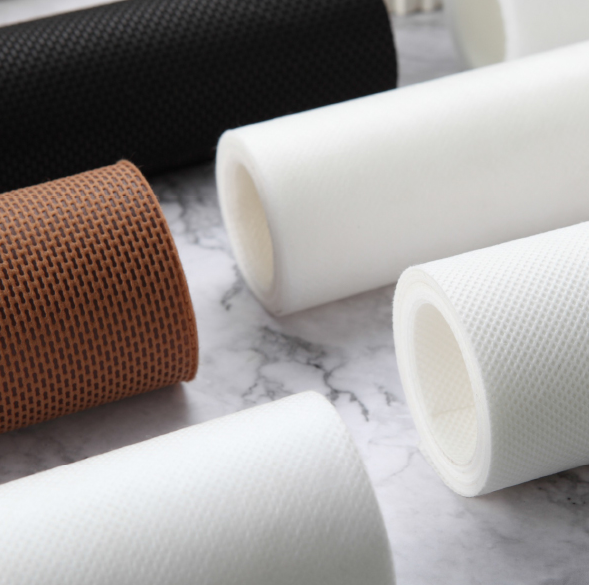When it comes to protecting the environment, every small step counts. One step is using RPET spunbond, a sustainable and environmentally friendly material that is making waves in the textile industry. RPET spunbond fabric is a fabric made from recycled PET (polyethylene terephthalate) plastic bottles, making it an excellent alternative to traditional fabrics made from non-renewable resources.

One of the most significant environmental benefits of RPET spunbond is its ability to reduce the amount of plastic waste that ends up in landfills and oceans. By using recycled PET bottles as the raw material for the fabric, RPET spunbond helps divert plastic waste away from the environment, thereby reducing the negative impacts of plastic pollution. Not only does this help conserve natural resources, it also reduces the energy and carbon emissions associated with virgin polyester production.
In addition to reducing plastic waste, RPET spunbond materials help conserve water and energy. The production process of RPET spunbond fabric uses less water and energy than the production of traditional fabrics, making it a more sustainable and environmentally friendly option. This is particularly important in a world where natural resources are increasingly scarce and the need for sustainable alternatives is greater than ever.
Additionally, RPET spunbond material is fully recyclable, meaning that at the end of its life cycle, it can be recycled and used to make new fabrics, creating a closed-loop system that minimizes waste and reduces the use of virgin materials. need. Not only does this help reduce the environmental impact of textile production, but it also promotes a circular economy, where materials can be reused and recycled, rather than being used once and then thrown away.
In summary, using RPET spunbond materials provides many environmental benefits, from reducing plastic waste and protecting natural resources to minimizing energy and water consumption. By choosing RPET spunbond fabrics instead of traditional fabrics, we can take a small but significant step in protecting the environment for future generations.
Post time: Jan-08-2024
